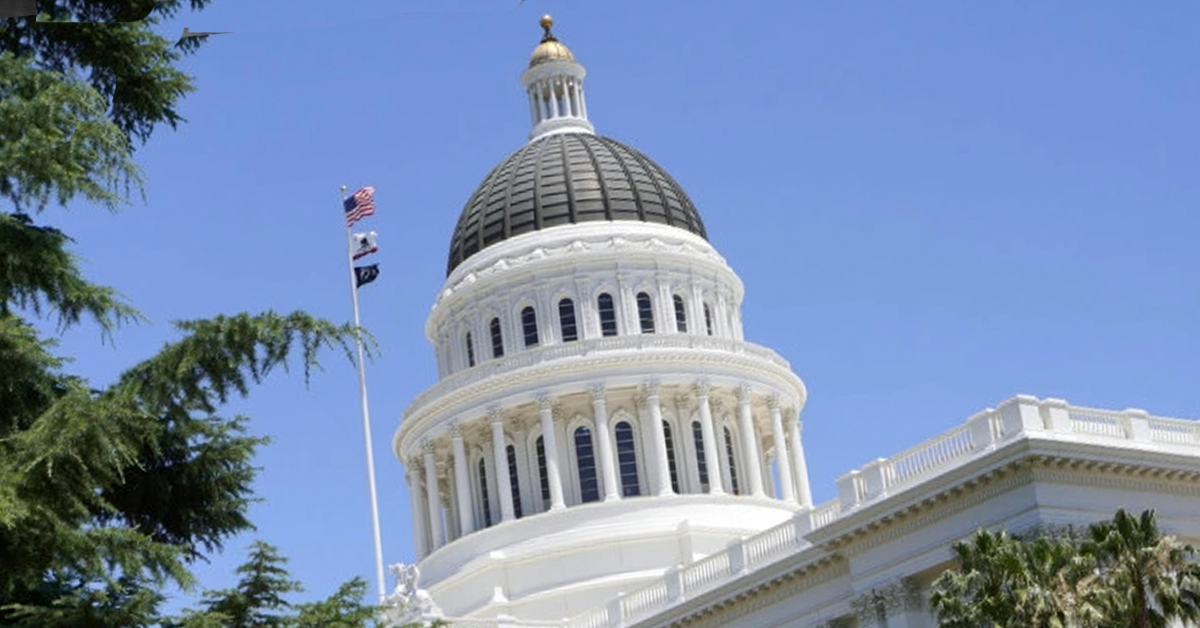The compromise agreement to raise the nation’s debt limit will move to the House floor after a razor-thin vote to advance the bill from the House Rules Committee on Tuesday.
Driving the news: The powerful Rules Committee 7-6 to advance the debt ceiling bill to the floor, clearing a key hurdle ahead of the final House vote.
- The committee proved to be one, likely of many, precarious steps to raising the debt limit.
- As part of his concessions to the conservative House Freedom Caucus and other hardline Republican members, Speaker Kevin McCarthy (R–Bakersfield) seated three of his top detractors on the committee – Reps. Dan Bishop (R–N.C.), Chip Roy (R–Tex.), and Thomas Massie (R–Ky.).
- Both Bishop and Roy voted against the rules package for the FRA on Tuesday.
- Massie, who had previously stated he would avoid holding legislation hostage in the committee over disagreements with the majority of the GOP conference, gave the critical vote to advance the bill to the floor.
Previewing floor action: In another positive sign for the bill’s prospects in the House, a wide range of members on both sides of the aisle, many of them moderates, appear poised to coalesce behind the deal to avert default.
- Republicans believe they are pushing toward 150 Republican votes or more, more than a majority of the Republican conference, which McCarthy has been promising for days he could get on the bill.
Assessing the deal: The bill would reduce budget deficits by $1.5 trillion over a decade, according to the Congressional Budget Office’s analysis of the package, released Tuesday evening.
- Under the deal negotiated with the White House, discretionary spending would decrease by $1.3 trillion over the decade, while mandatory spending would be cut by $10 billion and revenues would decrease by $2 billion, on net.
- The legislation calls for increasing the upper age limit of adults subject to the existing work requirement to age 55, up from the current age 50. But veterans, people experiencing homelessness, and former foster youth of all ages would be exempt.










